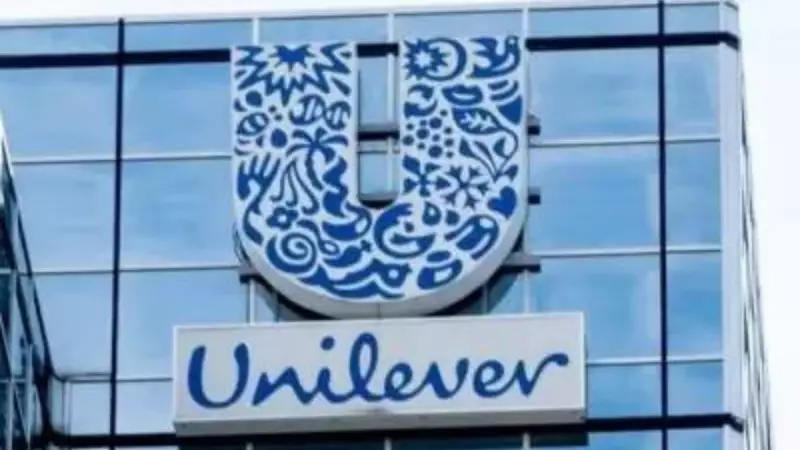
In a surprising turn of events, consumer goods giant Unilever's highly anticipated separation of its ice cream division, home to beloved brands like Magnum and Ben & Jerry's, has hit a regulatory roadblock. The demerger process, which was expected to culminate in a standalone public listing, now faces significant delays due to political uncertainties in the United States.
Government Shutdown Threatens SEC Timeline
The core issue stems from the looming possibility of a US government shutdown, which would directly impact the Securities and Exchange Commission's (SEC) operations. As the primary regulatory body overseeing public offerings in the United States, the SEC's approval is crucial for Unilever's plans to list the new ice cream entity on the market.
"The timing couldn't be worse for Unilever," explains a market analyst familiar with the situation. "A government shutdown would essentially freeze all SEC activities, including the review and approval of registration statements necessary for the IPO to proceed as planned."
What's at Stake for Unilever?
Unilever's ice cream portfolio represents one of its most valuable asset groups, generating approximately €8 billion in annual revenue. The separation strategy, announced earlier this year, aims to:
- Create a more focused and agile ice cream business
- Unlock significant shareholder value through an independent listing
- Allow the core Unilever business to concentrate on other product categories
- Enable the ice cream division to pursue its own growth strategy
Market Impact and Investor Sentiment
The delay comes at a sensitive time for Unilever, which has been working to streamline its operations and improve market performance. Investors who were anticipating the demerger completion by late 2024 or early 2025 now face uncertainty about the revised timeline.
"This demonstrates how global political developments can directly affect corporate restructuring plans," notes a financial advisor specializing in international markets. "Even a company of Unilever's scale isn't immune to governmental processes in key markets like the United States."
What Happens Next?
The ice cream business separation, which includes other popular brands such as Wall's and Cornetto alongside Magnum and Ben & Jerry's, remains a strategic priority for Unilever. However, the company may need to:
- Adjust its demerger timeline based on US political developments
- Explore alternative approval pathways if the shutdown persists
- Communicate revised plans to shareholders and market participants
- Potentially consider temporary operational structures during the delay
As the situation develops, all eyes remain on Washington's budget negotiations and their ripple effects on global business operations. For now, ice cream enthusiasts and investors alike must wait patiently for the regulatory clouds to clear.





